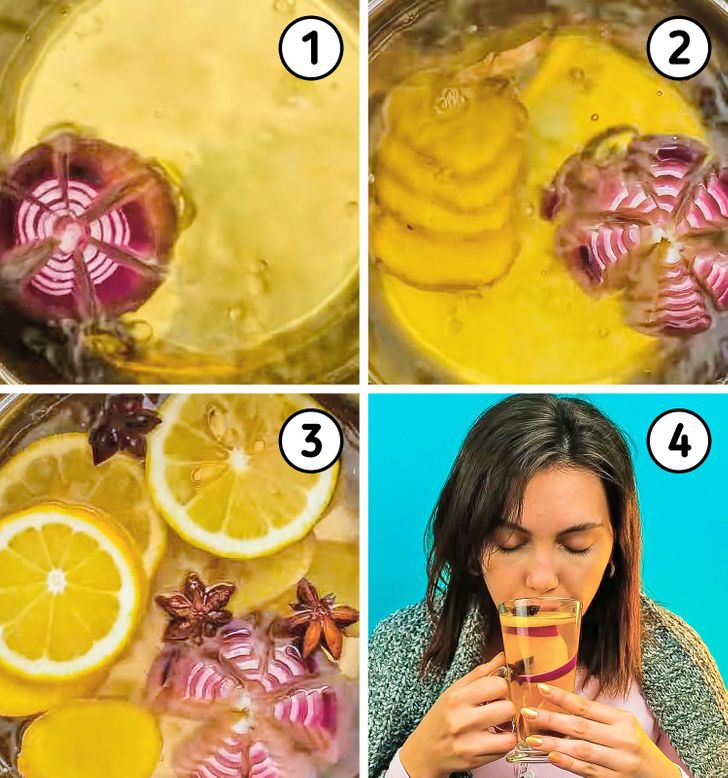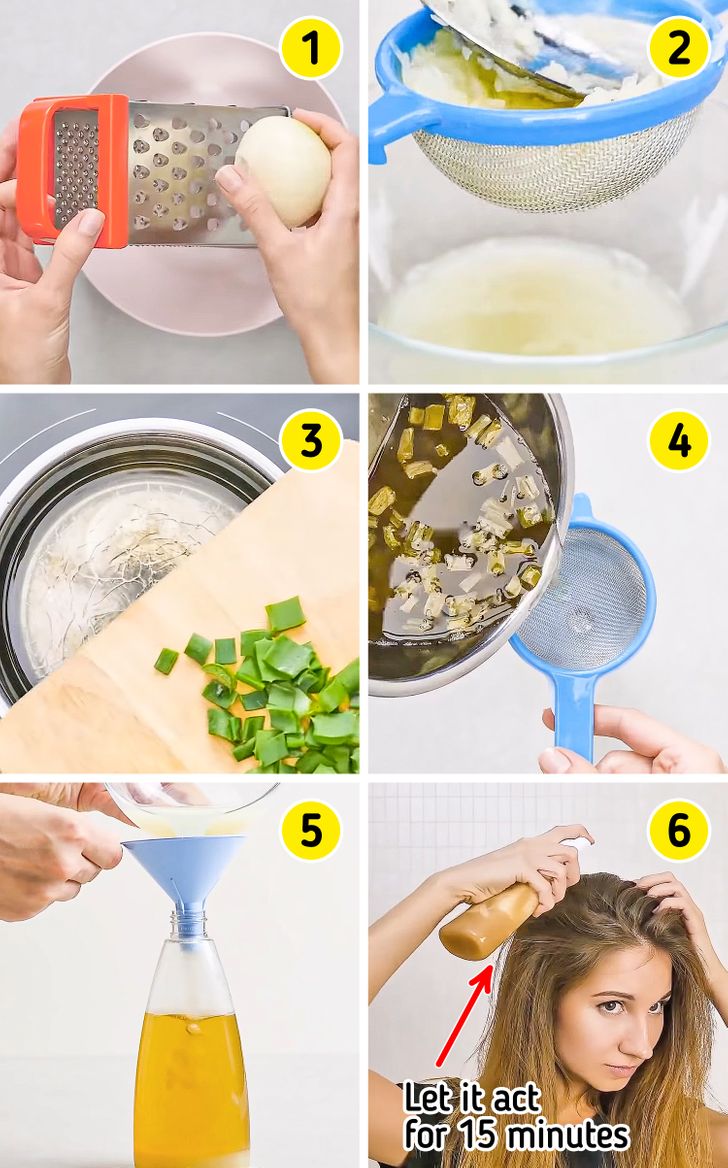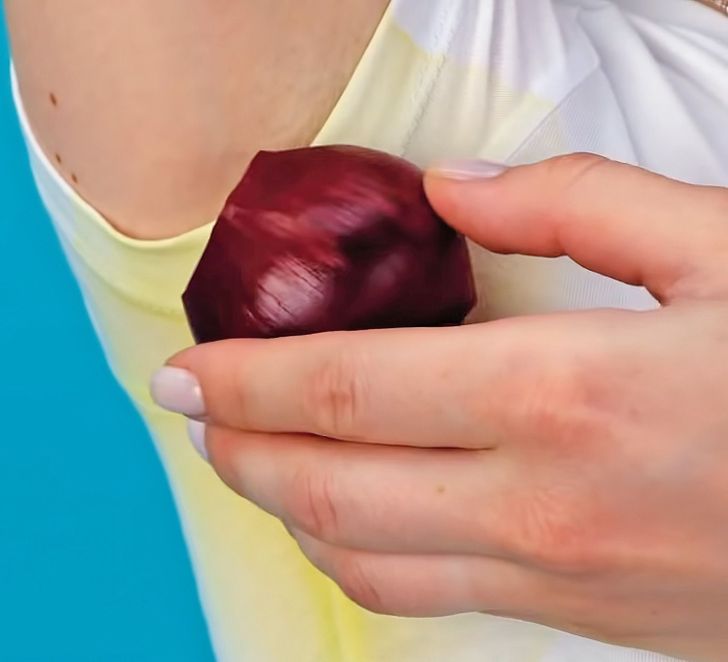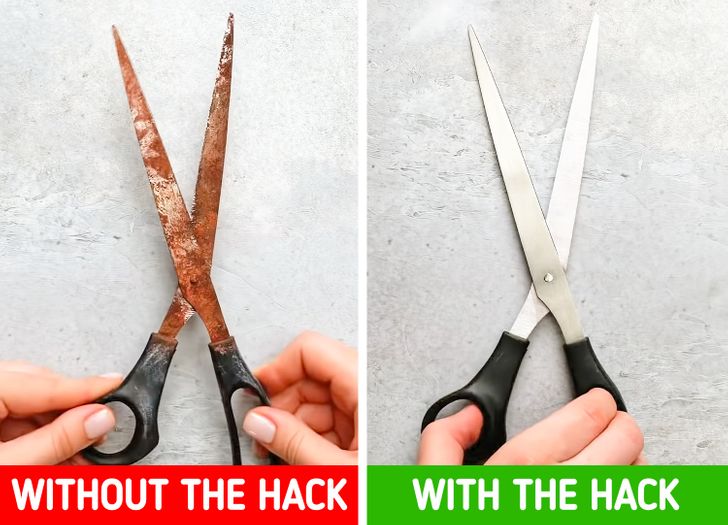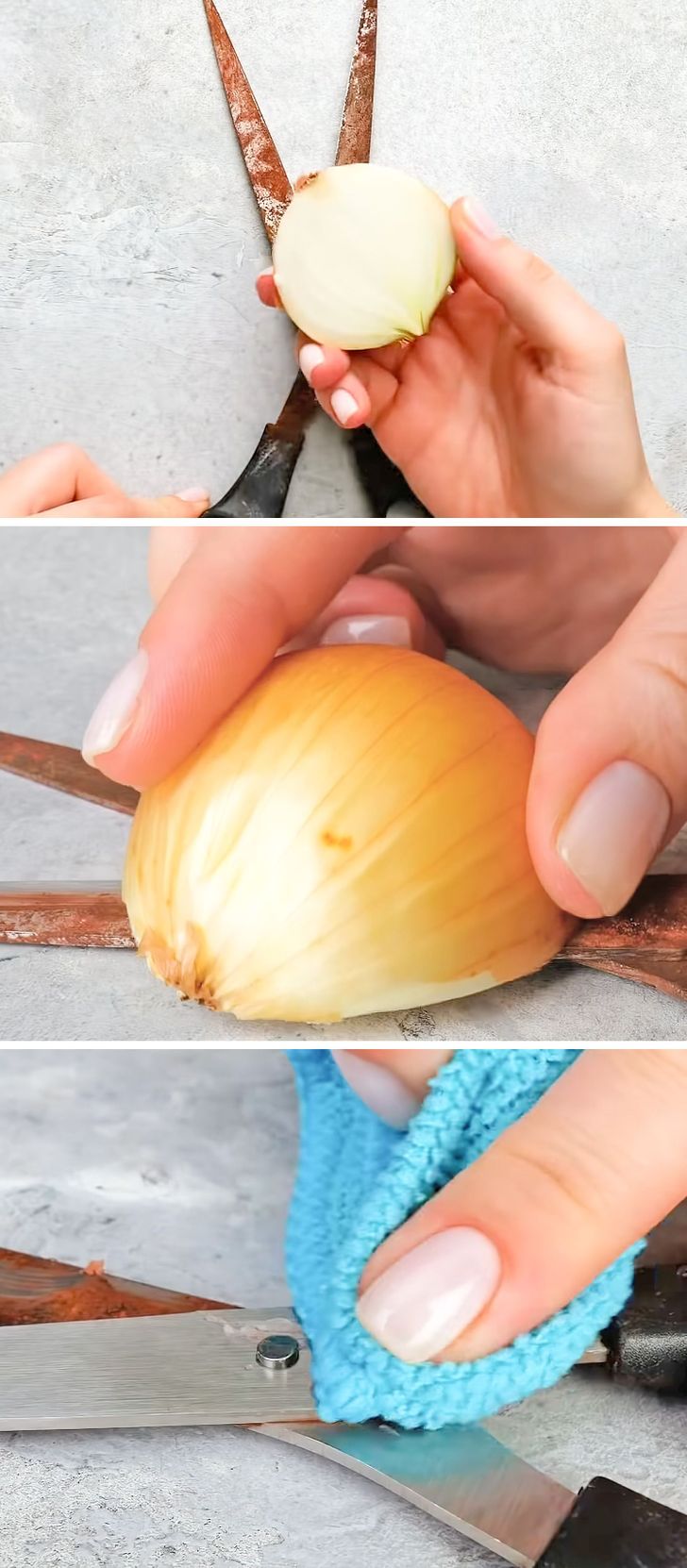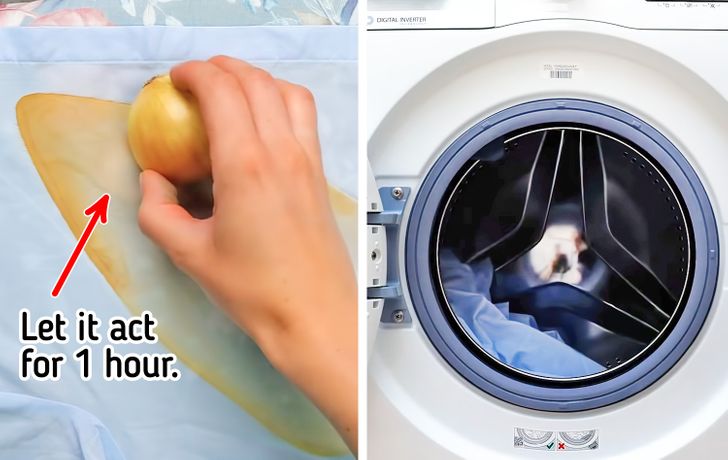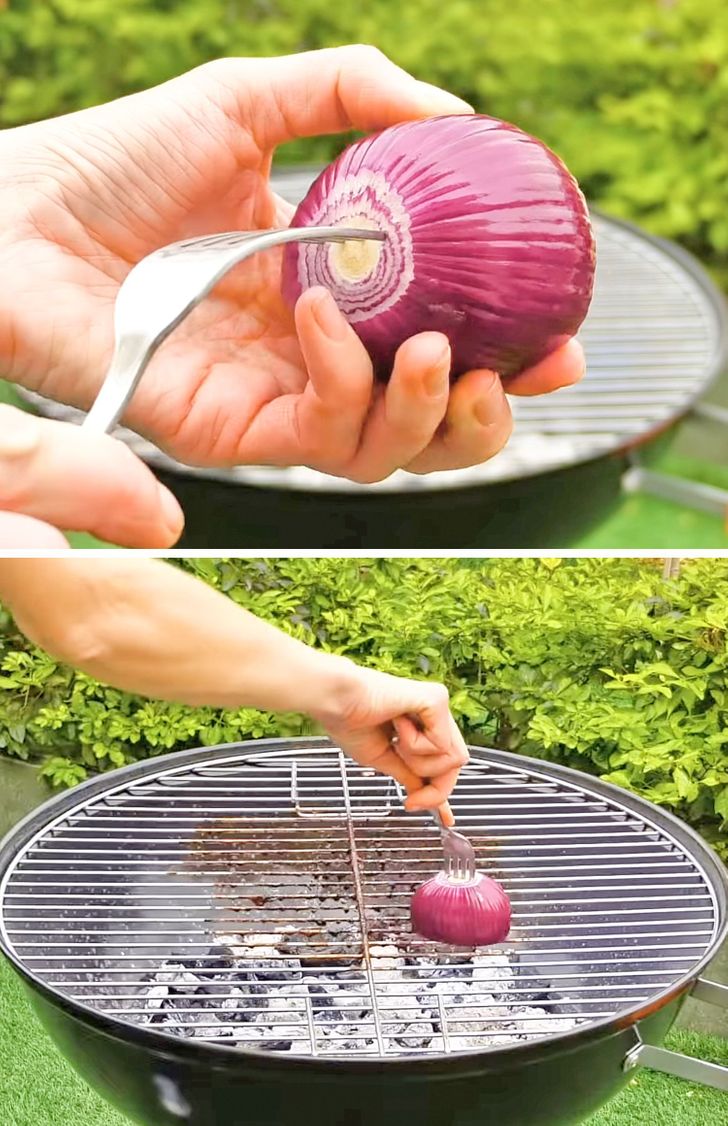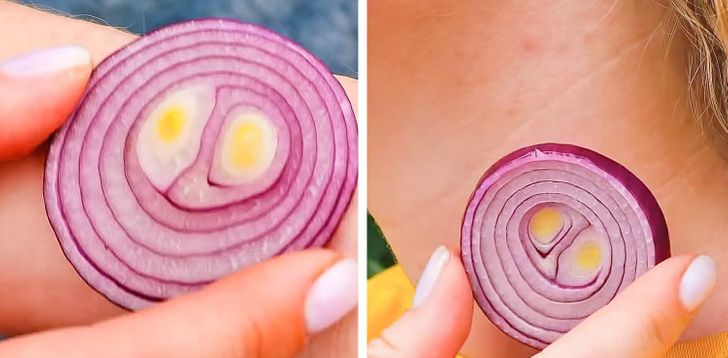7 Unexpected Ways an Onion Can Help You
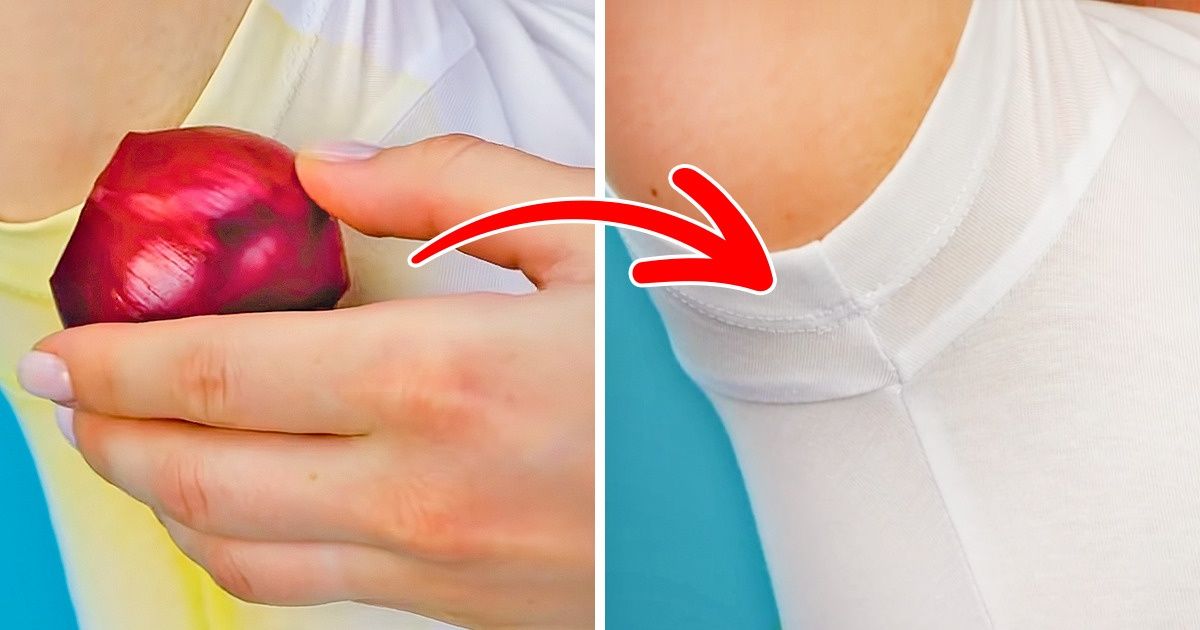
The onion is a food that is high in fiber and rich in vitamins A and C. It can be used as a natural remedy thanks to its antibacterial, antioxidant, and anti-inflammatory properties. Traditionally, onion is used to reduce nasal congestion, as well as to help ease itchiness and pain from skin inflammations that come from insect bites or bacteria in our body. As unexpected as it might seem, it could even help promote hair growth in a natural way.
5-Minute Crafts wants to share with you a few of these onion hacks that you can easily do at home. Here are some of the things you can do with an onion:
1. Helps you ease nasal congestion
Depending on the quantity eaten, onions can provide up to 25% of the recommended amount of vitamin C you should consume every day. They also contain phytochemicals that help to boost your immune system. An onion infusion could mitigate symptoms of a cold and other viral infections like the flu, including nasal congestion and bronchitis.
- Bring a liter of water to a boil and add a whole onion.
- When it’s simmering, add a few slices of fresh ginger.
- Add a few slices of lemon and 3 Anise stars.
- Let the infusion sit for a bit to let it cool before drinking.
2. Helps you grow longer hair
An over the counter home remedy that could help to grow hair organically is onion juice. This should be applied to your hair on a daily basis for about 15 minutes. The result will likely take a while to be noticed, so consider this a long term remedy.
- Grate an onion. Squeeze the juice, using a strainer and a spoon to push the grated onion.
- Bring a liter of water to a boil and add chunks of aloe vera.
- Strain and pour the boiled water into a spray bottle.
- Add the onion juice.
- Before applying, whisk the liquid. Start applying the remedy at the roots of your hair.
- Then continue moistening the entire scalp. Leave on for 15 minutes. Rinse and wash as usual.
3. Removes stains from clothes
Stains on clothes caused by sweat or humidity in the armpit section can be removed using an onion to rub them off.
- Rub the stained area with one half of a freshly cut onion.
- Make sure the fabric is saturated with the juices of the onion. Let it act for 10 minutes.
- If the stain has been on the fabric for a long time, rub the onion on it, and then let the garment soak in water for 24 hours. Then wash it with hot water and detergent or dishwashing liquid.
4. Cleans rust from metals
Metals can deteriorate after a while due to the accumulation of rust. To restore them, just use an onion. It’s a fairly effective method of removing rust from knives or scissors, and it involves no chemicals.
- Cut an onion in half.
- Use one of the halves to scrub the rusty surface.
- Wipe with a dry cloth.
5. Remove scorch marks on fabrics
If the heat of the iron was too high and you accidentally scorched your clothes, you might find that an onion is an unexpected ally when it comes to solving your problem.
- Cut an onion in half and rub it on the affected surface. Leave it on for 1 hour.
- Wash as you normally would.
6. Cleans fat from a grill
Another great hack that, on top of being natural, is pretty effective, is using a raw onion as a fat remover. Easily clean grease stuck in frying pans or on a grill by scrubbing half an onion on these surfaces.
- Pierce half an onion with a fork.
- Scrub the grill vigorously to get rid of all of the traces of fat that were left after a barbecue.
7. Soothes insect bites
Onion, thanks to its antiseptic properties, can help soothe the itchiness from mosquito bites. It soothes that burning feeling on the skin and reduces inflammation.
- You can apply it directly on the sting for several minutes.
- Then wash and rinse the area.
⚠️ Always consult a doctor if you have been bitten by a strange bug and always disinfect the affected area.

